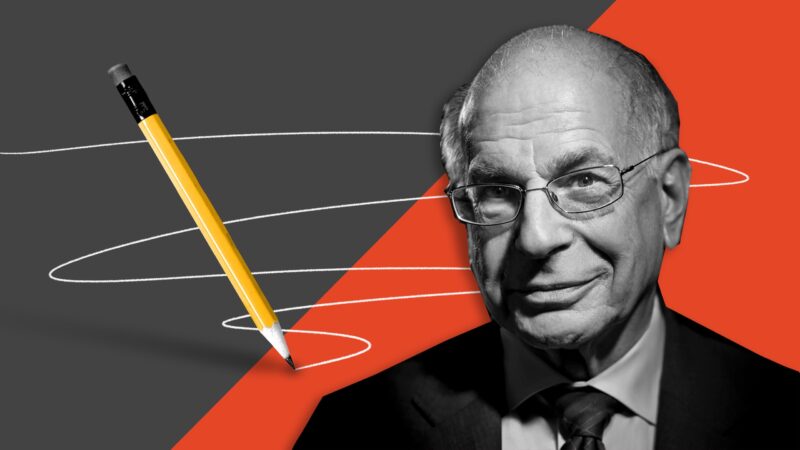The Zeigarnik Effect: How Unfinished Tasks Hijack Your Productivity
Ever lie awake thinking about a half-finished email reply or an overdue job? The tab you opened to read “later” but never did? The report sitting at 90% complete that just needs that final “wow factor” insight? These aren’t just small annoyances or the result of a guilty conscience – they’re unfinished mental loops, and your brain treats them as top priority, whether you want it to or not. This is known as the Zeigarnik Effect.
Coined by psychologist Bluma Zeigarnik in the 1920s, the Zeigarnik Effect describes how people remember uncompleted or interrupted tasks better than completed ones. Her studies showed that participants were nearly twice as likely to recall unfinished tasks compared to those they had completed. This is thanks to the your brain’s need for closure, as when a task is left open, it creates low-grade mental friction – a loop it wants to close. Until that happens, your working memory keeps reminding you about it, quietly draining your focus.
In a typical workday, our attention is constantly under siege. You might think you’re managing tasks effectively, but frequent interruptions and mental “tabs” left open come at a measurable cognitive cost. In research led by Gloria Mark (Professor in the Department of Informatics), information workers were found to switch activities every 3 minutes and 5 seconds on average. Worse, once interrupted, it took 23 minutes and 15 seconds on average to return to the original task. This explains why even a seemingly minor task shift, like quickly checking an email, can have a significant impact on productivity.
Other studies have found:
- Most office workers responded to emails within 6 seconds of arrival and took 64 seconds on average to resume their previous task
- Email alone can cause up to 96 interruptions a day, totalling 1.5 hours lost daily to mental reorientation
- Some task-switching episodes led to 2+ hours of detours before returning to the original task
This isn’t a productivity drain from doing nothing, it’s from doing too much, poorly sequenced. We are constantly bombarded by emails, phone calls, meetings, and task reminders – all of which make it harder to close cognitive loops. You might read a message and decide to respond later, start writing a report and get pulled into a meeting, or keep dozens of browser tabs open “for reference” but never return to them. Each of these actions creates a micro-loop of incompletion, which your brain treats as unresolved. It’s like spinning five mental plates at once and each one saps your attention.
To manage the Zeigarnik Effect and reduce the mental burden of unfinished tasks, the key is to externalise, organise, and close cognitive loops. We’ve written before about potential frameworks that help achieve this such as the Getting Things Done (GTD) method, which captures tasks in a trusted system, clarifies next actions, and encourages regular reviews. This frees your brain from having to mentally track everything at once. Supporting research shows that simply planning how to complete a task can significantly reduce its mental interference.
Or consider Timeboxing, which involves assigning fixed time slots to specific tasks in your calendar. By turning intentions into scheduled commitments, timeboxing eliminates the ambiguity of to-do lists, reduces choice overload, and helps ensure tasks are completed rather than endlessly deferred. It provides the structure and context our brains need to let go of open loops, while boosting focus, accountability, and productivity.
Other helpful tactics include the 2-Minute Rule – if a task can be done in two minutes or less, do it immediately to prevent it from lingering and good digital hygiene, such as avoiding half-written replies or limiting open browser tabs. These practices reduce cognitive clutter and allow you to focus more deeply on the task at hand.
Ultimately, the Zeigarnik Effect reveals something fundamental about our psychology: the invisible cost of unfinished work, not just in lost output, but in attention, stress, and cognitive drag. The solution isn’t doing more; it’s clearing your mental desk. Whether it’s finishing that email, closing a tab, or planning the next step on a project, each small act of closure frees your brain to focus again with more clarity, energy, and intent.




